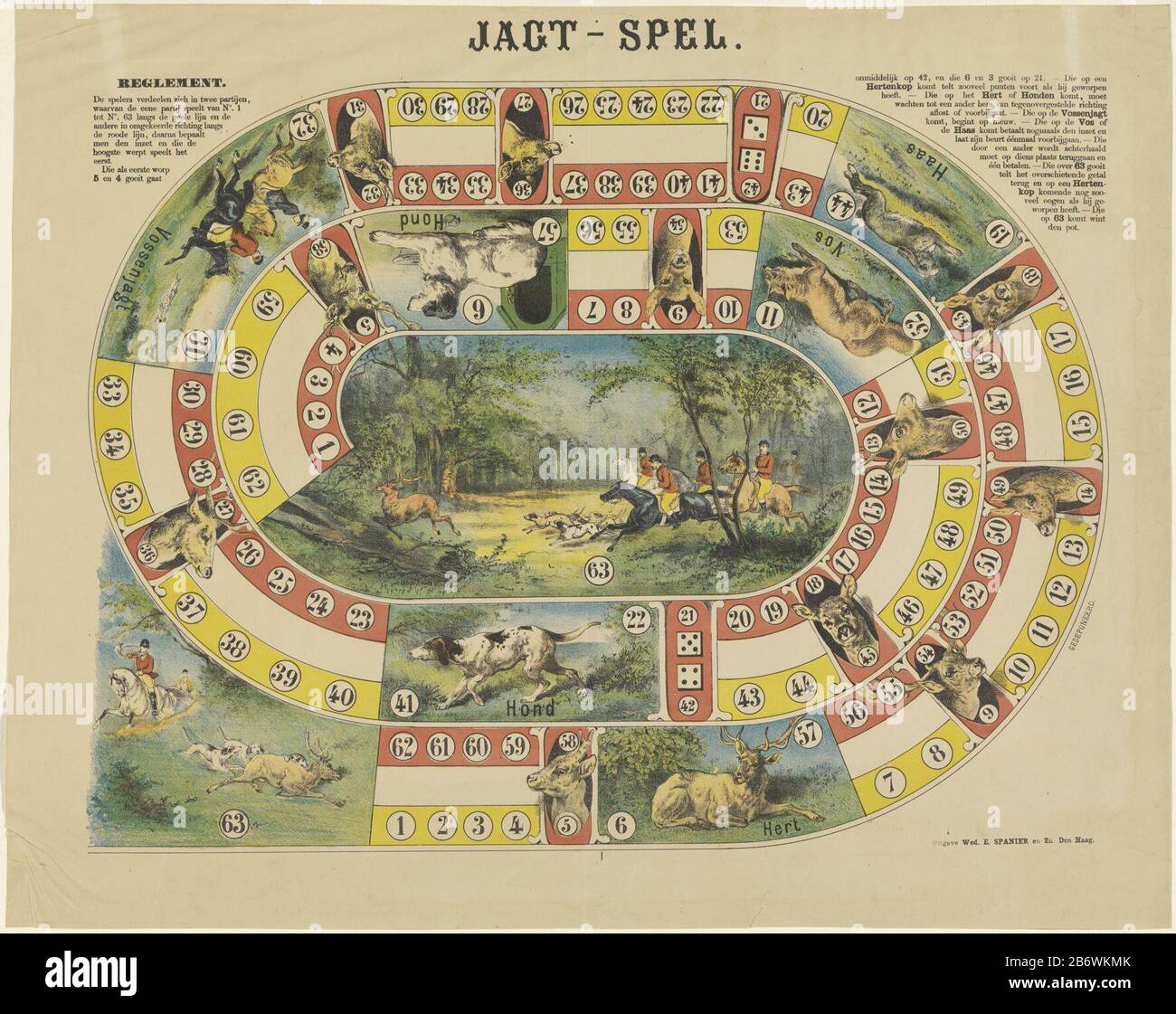

Find a half way point in the path of the signal.

This is the first place where your knowledge of the system you are troubleshooting comes into play if you cannot trace the path of a signal (a flow, or data, or even the way data is passed between layers in the network), then you cannot troubleshoot effectively. Trace out the entire path of the signal.This technique actually consists of several steps. This is the third crucial skill for troubleshooting: half split, measure, and move. In terms of technique, I have tried many through the years, but the most effective is still the one I learned in electronics. If you do not have the models and the mindset, the technique is going to be worthless. What about technique? This is, of course, the step that everyone wants to jump to first-but I would strongly suggest that the technique of troubleshooting goes hand in hand with the models and the mindset of troubleshooting. So you have built models of each system, and you have learned to think in terms of problems and solutions.
/threehanded-euchre-card-game-rules-and-strategies-411491_final-5bb7ba5ac9e77c005155b707.png)
Having a problem/solution mindset also helps keep you focused in troubleshooting. Having this kind of information in your head will help you pull in detail where needed to fill in the models of each system just as you cannot keep all four of the primary systems in your head at once, you also cannot effectively troubleshoot without a reservoir of more detailed knowledge about each system, or the ready ability to absorb more information about each system as needed.
Trouble game rules split how to#
The problem/solution mindset is so critical in really understanding how networks really work, and hence how to troubleshoot them, that Ethan Banks and I are writing an entire book around this concept. The best models will support the second crucial skill required for troubleshooting: seeing the system as a set of problems to be solved.


 0 kommentar(er)
0 kommentar(er)
